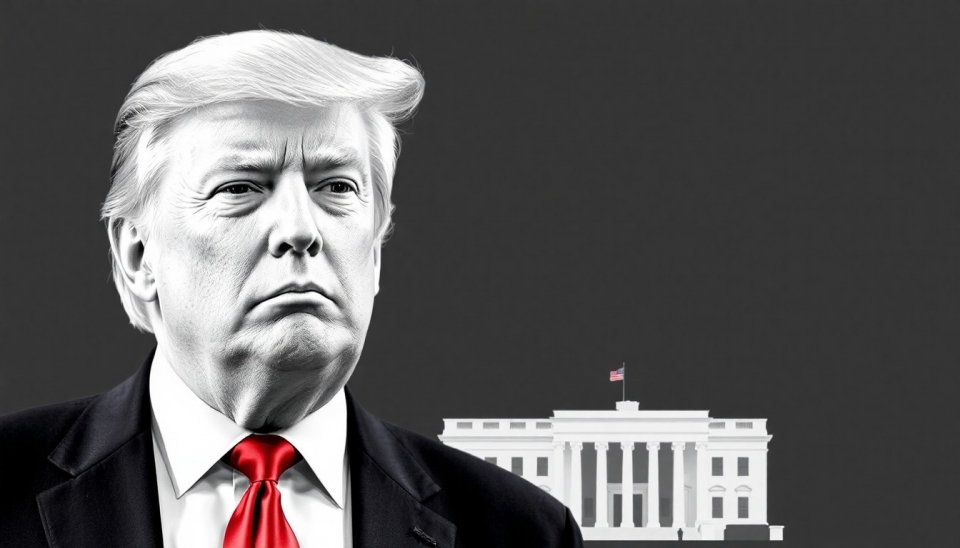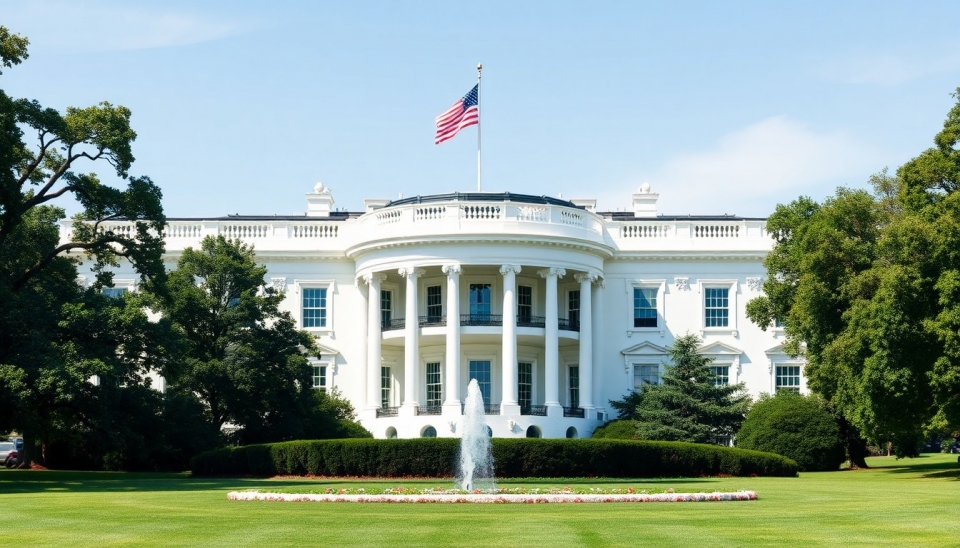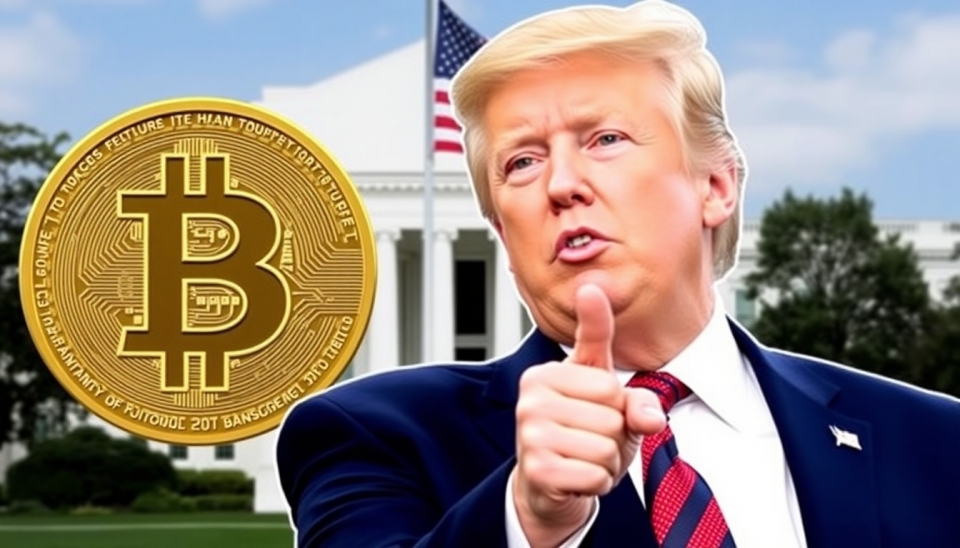
In the current economic landscape, the influence of former President Donald Trump’s policies and advancements in artificial intelligence (AI) appear to be reshaping the financial narrative more significantly than the actions of the Federal Reserve. As inflation continues to be a pressing concern, the intersection of these factors is capturing the attention of economists and investors alike.
The Federal Reserve has taken center stage in recent monetary policy discussions, attempting to combat inflation by adjusting interest rates. However, the conversation has shifted towards understanding how Trump's economic measures and the rapid evolution of AI technologies are driving market sentiments and consumer behavior. While Fed policies often aim to stabilize the economy, they may be overshadowed by these larger, if less traditional, economic drivers.
Trump’s administration had notably implemented significant tax cuts and deregulation that boosted economic growth during his term. These policies fostered an environment conducive to experimentation and technological advancement, which has only accelerated since his departure from office. The ramifications of these economic shifts are still being felt, especially as we witness the burgeoning impact of AI across various sectors, including manufacturing, healthcare, and finance.
AI's rapid implementation is creating both opportunities and challenges. It has the potential to drive productivity and reshape industries by automating processes and enabling new applications. However, the introduction of AI technologies also raises concerns about job displacement and inflationary pressures in the labor market. The dual nature of this technological revolution complicates how policy measures, whether from the Fed or the administration, are perceived and evaluated.
As inflation remains a critical focus, the suggestion that Trump's legacy and the ongoing AI transformation could overshadow monetary policy is gaining traction among analysts. Many experts argue that how well the economy adapts to these changes will determine future growth trajectories and inflation rates. The dependency on these factors highlights a notable departure from the traditional reliance on the Federal Reserve to single-handedly steer economic recovery.
In conclusion, while the Federal Reserve plays a crucial role in managing inflation through interest rate policies, the broader picture of economic health encompasses more than just monetary policy. The interplay of Trump’s economic legacies and the surge of AI innovation are creating a complex economic narrative that could dominate discussions amongst policymakers and market participants in the foreseeable future.
Ultimately, as economic landscapes continue to evolve, the factors influencing inflation and growth will likely extend beyond institutional responses, prompting a reassessment of what drives economic stability in contemporary society.
#Trump #Inflation #AI #FederalReserve #EconomicPolicy #Technology #MonetaryPolicy #EconomicGrowth #MarketTrends
Author: John Miller




